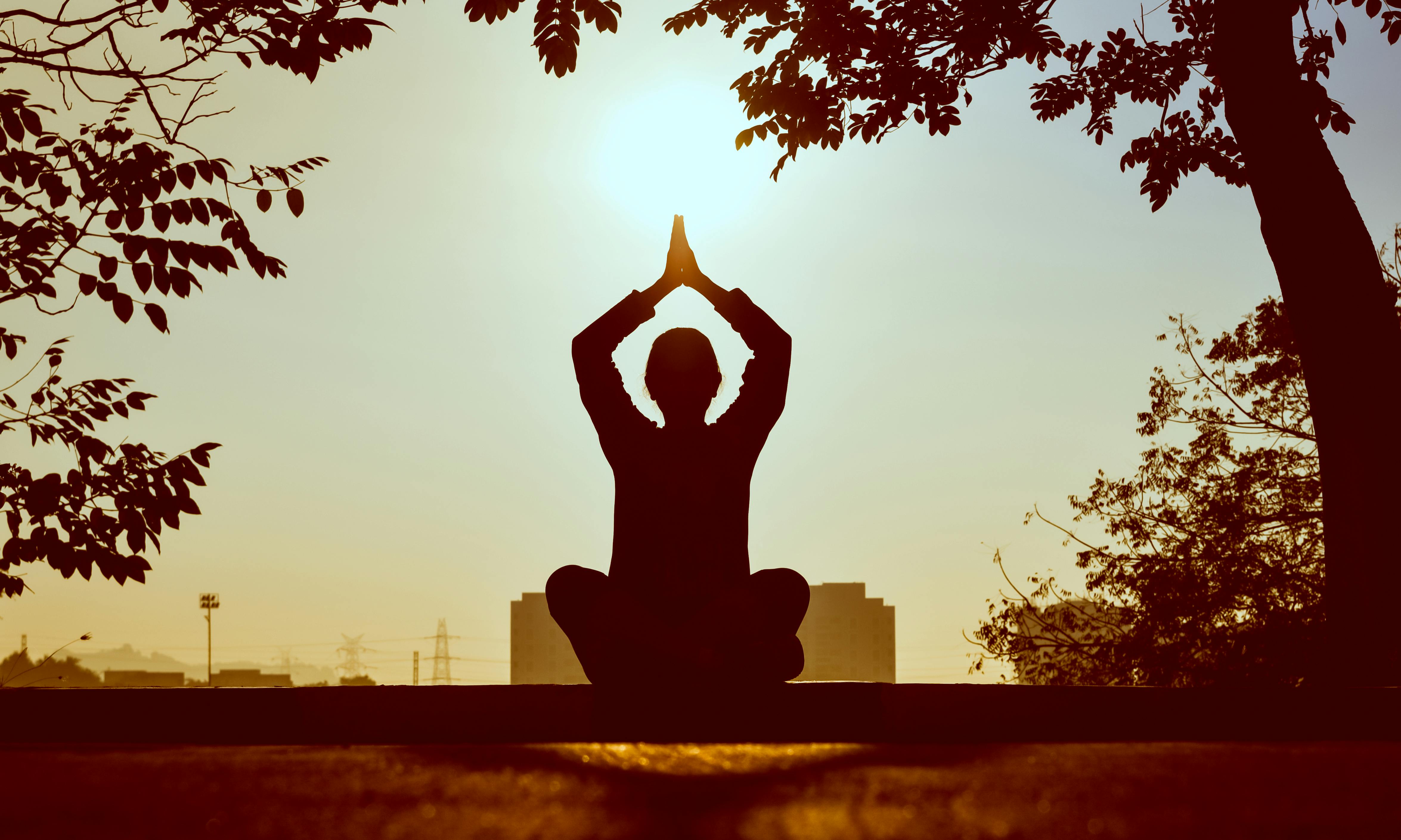“Beginner’s Guide to Mindfulness Meditation: Simple Techniques for a Calm and Present Mind”

Introduction
In today’s fast-paced and stressful world, finding moments of calm and clarity is essential for our overall well-being. One practice that has gained popularity for its numerous benefits is mindfulness meditation. Whether you’re a beginner or have some experience with meditation, this guide will provide you with simple techniques to cultivate a calm and present mind.
The Basics of Mindfulness Meditation
Mindfulness meditation is a technique that involves paying attention to the present moment without judgment. It allows us to become fully aware of our thoughts, sensations, and emotions, while learning to observe them without getting caught up in them. The following are some key points to keep in mind when practicing mindfulness meditation:
Find a Quiet and Calm Place
To begin your mindfulness meditation practice, it’s important to find a calm and quiet place where you can sit comfortably. This could be a designated meditation space in your home or simply a quiet corner where you won’t be easily disturbed.
Set a Time Limit
Start with a manageable time limit for your meditation sessions. It could be as short as five minutes and gradually increase it as you become more comfortable with the practice. Consistency is key, so aim to practice mindfulness meditation daily.
Focus on Your Breath
One of the simplest and most effective ways to anchor your attention during mindfulness meditation is by focusing on your breath. Pay attention to the sensation of your breath as you inhale and exhale. Whenever your mind starts to wander, gently bring your attention back to your breath.
Be Aware of Your Body
Throughout your meditation practice, maintain awareness of your body. Notice any physical sensations, tension, or discomfort that arises and try to release it. Relax your muscles and find a comfortable sitting position that supports an upright posture.
Different Meditation Techniques for Beginners
There are various meditation techniques that can be beneficial for beginners. Each technique offers a unique approach to cultivating mindfulness and finding inner peace. Here are some popular techniques to explore:
1. Mindfulness Meditation
Mindfulness meditation involves focusing your attention on the present moment by observing your thoughts and sensations without judgment. It helps develop self-awareness, acceptance, and a non-reactive attitude towards your experiences.
2. Loving-Kindness Meditation
Loving-kindness meditation is about cultivating feelings of love, compassion, and kindness towards yourself and others. It involves repeating positive affirmations and visualizing sending love and well-wishes to yourself and others.
3. Guided Visualization
Guided visualization uses your imagination to create a peaceful and calming mental image. You can visualize yourself in a serene environment, engaging your senses to enhance the experience and promote relaxation.
4. Mantra Meditation
Mantra meditation involves repeating a word, phrase, or sound silently or aloud to focus your mind and create a sense of calm. Choose a mantra that resonates with you and repeat it throughout your meditation practice.
5. Body Scan Meditation
Body scan meditation brings awareness to different parts of your body, starting from your toes and moving up to your head. Notice any sensations or tension and consciously release them, promoting relaxation and body awareness.
Remember, meditation is a practice, and it’s normal for your mind to wander during your sessions. The key is to acknowledge any arising thoughts or distractions with compassion and gently redirect your focus back to the present moment.
The Benefits of Mindfulness Meditation
Mindfulness meditation offers a wide range of benefits for both the mind and body. Regular practice can help:
- Reduce stress, anxiety, and depression
- Improve focus, attention, and concentration
- Enhance emotional well-being and resilience
- Promote better sleep and relaxation
- Manage chronic pain and physical discomfort
- Boost creativity and problem-solving skills
- Strengthen the immune system
- Cultivate a greater sense of self-awareness and compassion
Conclusion
Mindfulness meditation is a powerful tool that can help us navigate the challenges of everyday life with greater ease and clarity. By incorporating these simple techniques into your daily routine, you can experience the transformative effects of mindfulness and cultivate a calm and present mind.
